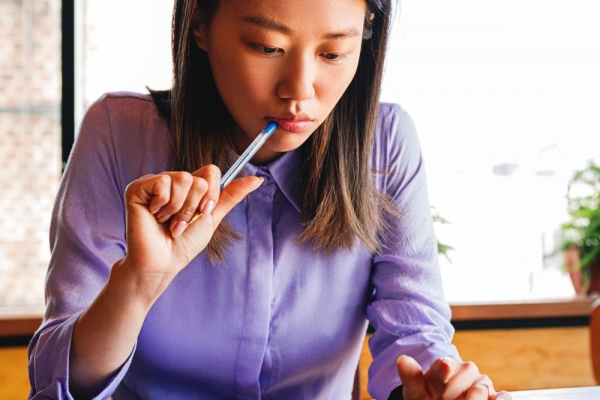This information was correct at the time of publishing. It may not reflect our current practices.
Who can be an egg donor? We'd love to be able to say: anyone can! However, to ensure eggs are suitable for fertility treatment, there are specific criteria donors are asked to meet. Considering donation but are unsure what's needed from a donor and why? In our latest blog, we explain more egg donation criteria.
Who can be an egg donor?
To be an egg donor, you have to meet the following criteria set out by the Human Fertilisation & Embryology Authority (HFEA) and Manchester Donors:
- Aged between 18 and 35: We ask that our egg donors are aged between 18-35. This is because, statistically, after 35, the eggs in the ovary start to be produced at a lower number. Therefore, HFEA states that women who donate eggs must do so before their 36th birthday.
- Have a BMI (Body Mass Index) between 19 and 35: If you have a BMI under 19 or over 35, you might not respond to the stimulation in a safe way, therefore putting yourself at greater risk during treatment. We aim to keep you safe, so we only accept applications from donors within this BMI bracket.
- Don't smoke or vape for three months before: As well as other well-known health complications, smoking impacts the quality of the egg and your donation. To become a donor, you'll need to have stopped for at least three months before you can be considered; this includes any e-cigarettes smoked in the last three months that contain nicotine. The NHS has a range of services you can try to help you achieve this goal. You can read our lifestyle blog for more information on these lifestyle changes.
- Willing to attend regular clinic appointments (including counselling): It's our responsibility to ensure that you fully understand the implications of egg donation. We want to support you throughout your journey because your health and well-being are our main priorities throughout the process. There'll be a range of appointments you have to attend either in person or over the phone, so we can give you the support you need.
- Know your family medical history: Screening tests and medical check-ups are crucial to the egg donation process. They keep you safe and ensure you're looked after with the best care throughout your donation journey. These tests also help to determine if you can become an egg donor, as they show if you carry any hereditary conditions that could be passed on to the child. Because of this, we'll ask if you can access your biological family's medical history, including parents, grandparents, aunts, uncles and siblings.
- Willing to be identifiable to any child born using your eggs: In the UK, at 18, any person born from a donation by law can request a donor's identifiable information. You'll be able to discuss this with a counsellor as part of the donation process, who'll be happy to talk you through everything and make sure you feel entirely comfortable if you decide to proceed.
As one of the countries leading egg donation clinics, Manchester Donors welcomes remarkable women from all walks of life on their egg donation journey. We understand how significant deciding to donate can be, and we’ll do everything we can to assist and support you. You’ll receive ongoing care from our specialist donation team and support from our friendly and helpful counsellors, who’ll discuss what an egg donation means for you and answer all of your questions.
If you'd like to donate your eggs or want an initial conversation about the process, please get in touch – we would love to hear from you. Contact us at 0161 300 2734, request a call-back from our dedicated donor team member, or apply online today. Or browse our FAQs for more information.

